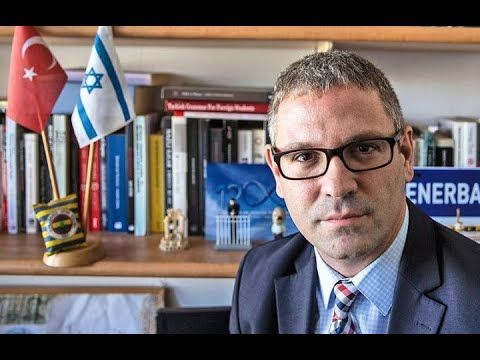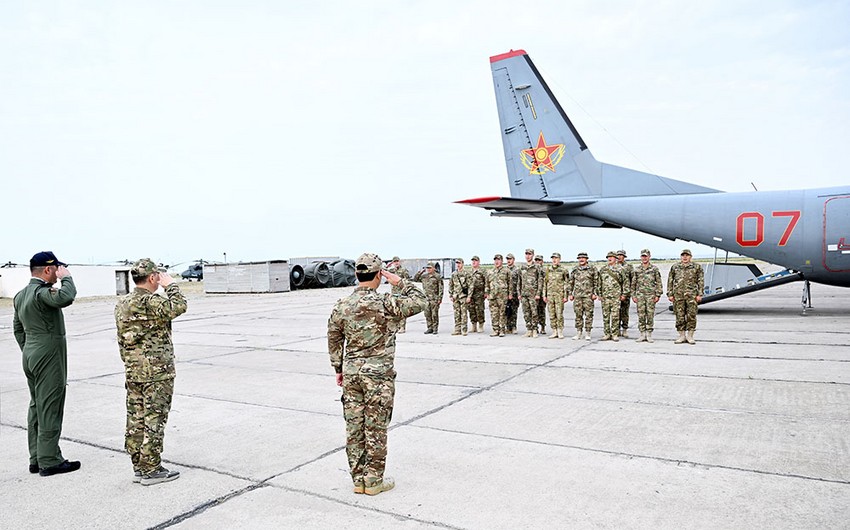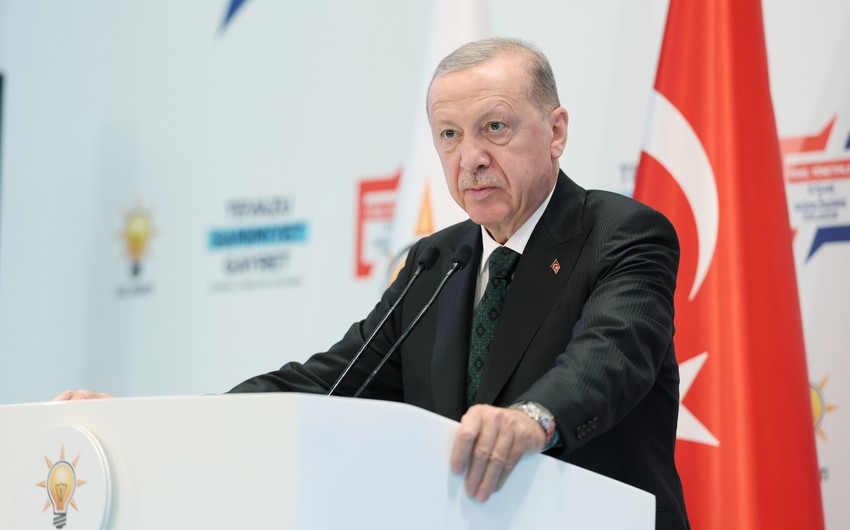Turkey's President Recep Tayyip Erdogan won re-election on Sunday, the head of Turkey's Supreme Election Council (YSK) announced on Sunday, declaring Erdogan the winner of a historic runoff vote that is set to extend his 20-year rule until 2028.
Ednews reports that YSK Chairman Ahmet Yener said that Erdogan was elected as the new president with 52.14% of the votes:
"Even if all of the results that have not been entered into the system yet go to a presidential candidate, the results will not change."
How will Erdogan's election affect the military and political relations with neighboring countries - Azerbaijan, Georgia, and Armenia? Could Erdogan make any strategy changes in the South Caucasus in this direction? Can any new steps be taken in the Karabakh issue?
Dr. Hay Eytan Cohen Yanarocak at Tel Aviv University said that he does not foresee drastic changes in Turkish foreign policy:
“The current reconciliation process with Armenia is disturbed because of Armenia's decision of inaugurating the Nemesis monument. Certainly, this act violates the good faith in the trust-building process. Apart from that, Turkey will continue to support Azerbaijan diplomatically and will continue to provide arms to Baku.
Ulviyya Shahin










